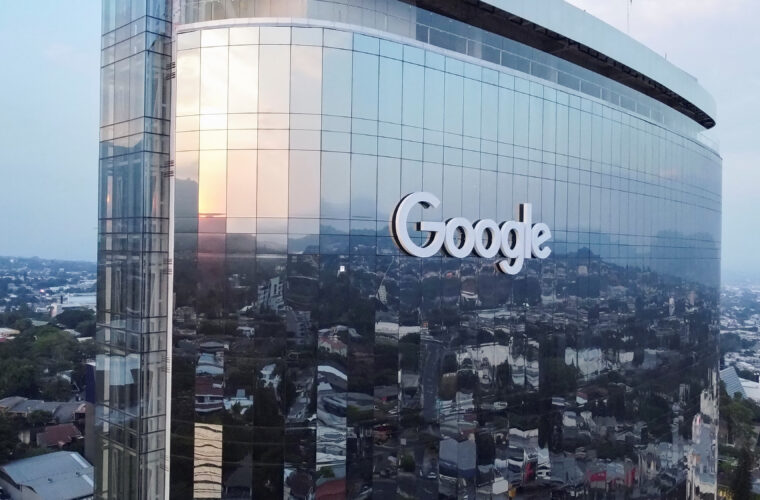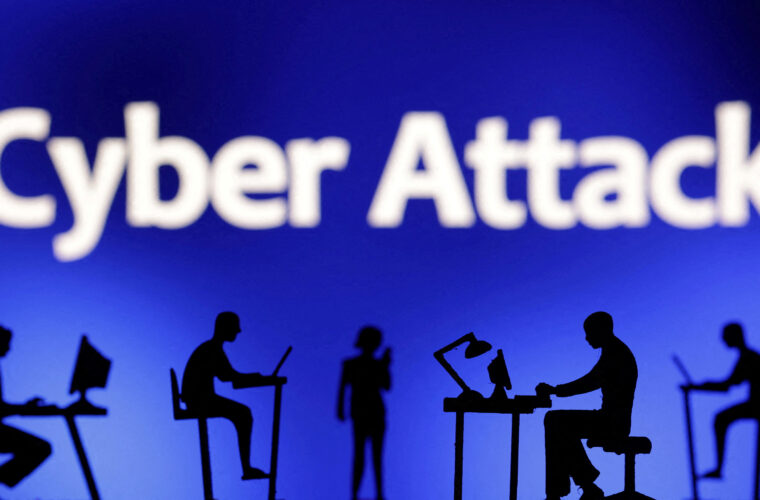In this episode of the 4i-mag podcast, we explore the challenges of being in a ‘geographically disintermediated’ space, i.e. meat-space vs. cyberspace. Patrick Wheeler, expert and educator in cybersecurity, talks about flame-wars, trolls and cyber-bullying to discuss what happens to the human psyche when it engages with the cyberspace. Problems in cybersec are sometimes technological, but they are often behavioral. How we use technology can endager us and our loved ones, and this has nothing to do with breaches, hacking or cyber-attacks. This is a new era: how do we help children become digital natives as parents when we have no role models of our own?
Worse, the algorithms of today’s platforms drive engagement and a lot of harm is being done. Layered on this we have mal-intended actors who are deeply abusive. The increasing suicides attributed to algorithms and online behaviors is countered by the platform owners who do not wish to believe the harm they do. Wheeler encourages everyone to look at cybersecurity in the broadest context, from cyber-diplomacy, the Tallinn 2.0 on cyberwar.
We need to look from greater civil society, through office impacts and potential workplace harm, the spread of conspiracy and red/blue pill thinking can cause a lot of harm at the individual level. The pervasiveness of cyber connectivity (e.g. Internet of Things) means that it is effectively a boundless topic and we ignore the externalities to our peril. There may be a role for regulations and controls and concerns of AI, algorithms, false and conspiracy thinking. So why does culture matter?
The cultural backgrounds of Silicon Valley where many of the cyber-culture started inform the current efforts of some platforms that exceed capabilities of nation states who are able to effectively lobby on their own behalf. Wheeler is a native of Northern California, now naturalized European, and has a deep understanding of this culture. He fears that regulation risks regulating symptoms over causal effects. The fundamental goal of bringing civil society to the cyberspace from China’s authoritarian approach to the California Civil Libertarian approaches are examples of the extreme. A positive message: the globally aggregated and simultaneously fragmented nature of the internet allows gathering of communities for great good and enjoyment – as well as ill. We are effectively experimenting with different models; China retreating behind their great firewall, Europe asking more regulations and our police to address more effectively to address online fraud and criminal behavior, and other models from the United States. Culture may be the element that defines which model proves successful.



